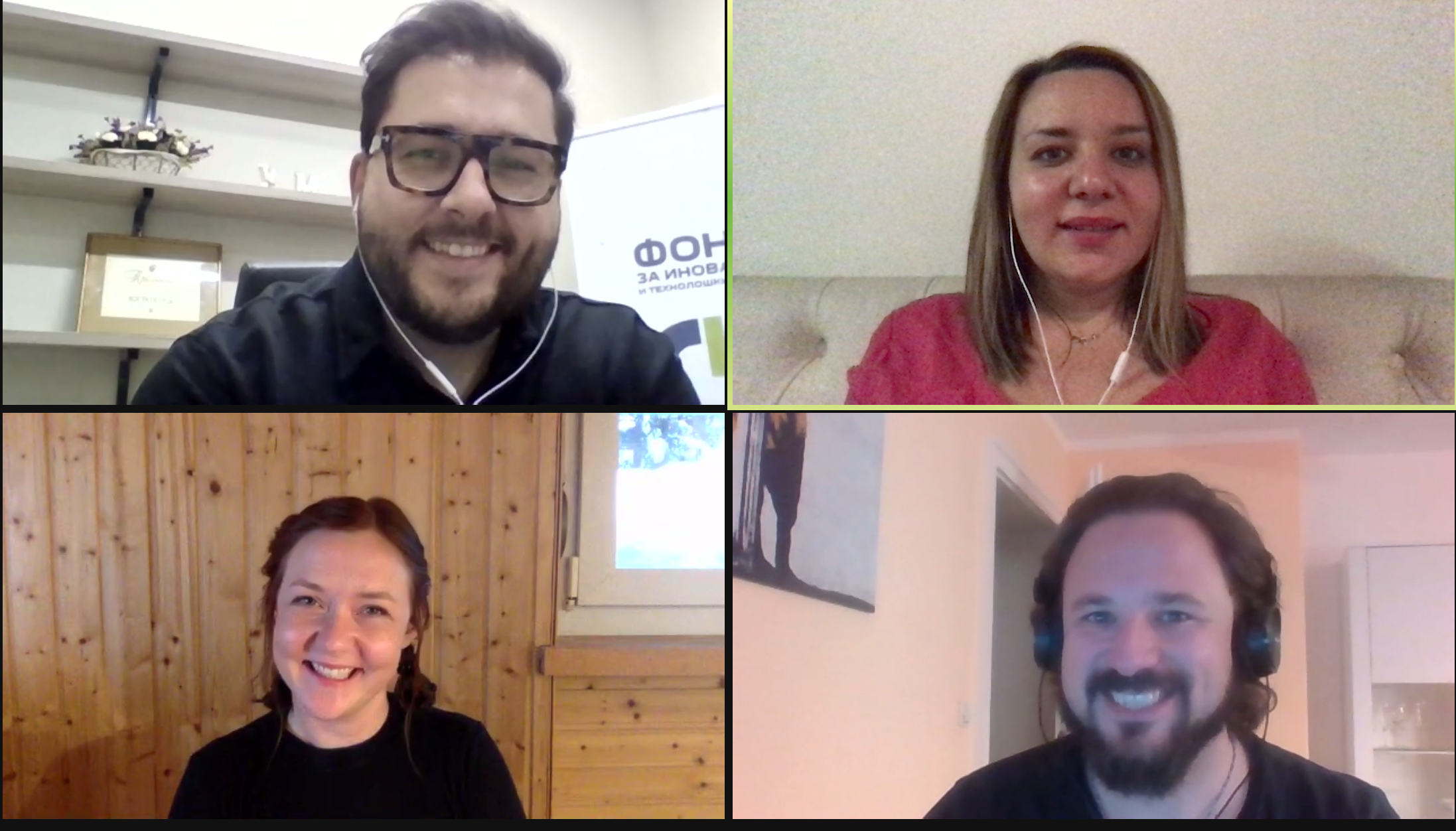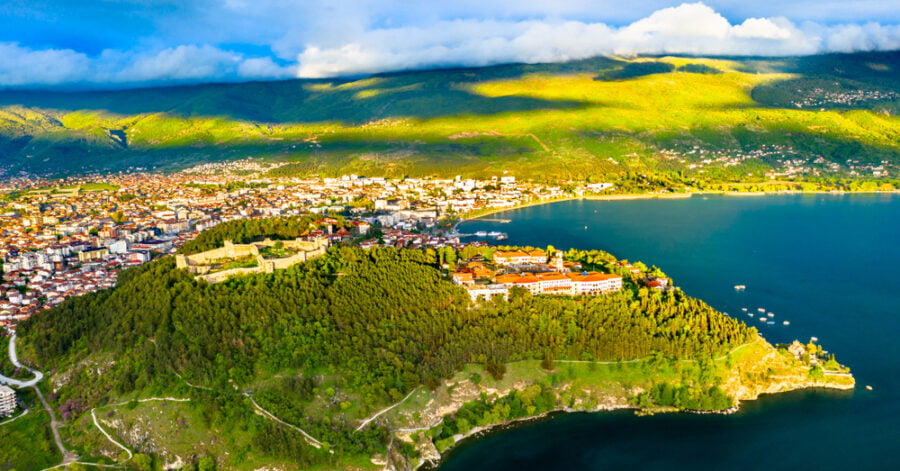What is the scaling step that will turn every freelancer’s everyday life into a dream come true? Becoming a digital nomad certainly combines the excitement of traveling, working, and exploring new cultures and histories. While every digital nomad has a unique taste that influences his choice of a destination – from chap accommodation, through the availability of co-working spaces, and why not close proximity to the beach – countries can do a lot to attract these people while building their reputation as tech hubs.
Countries in the Southeastern European region such as Greece and Romania have already been implementing policies, supported by institutions, to achieve the ambitious goal of attracting freelance digital spirits to their ecosystems. Now, a new country has also joined with a new policy that aims to turn it into a top remote working destination.
The Government of North Macedonia announced at the end of January during an event organized by North Macedonia’s Fund for Innovation and Technology Development that it is to launch a new visa program aimed at attracting global digital nomads. “Wе hаvе аlrеаdy stаrtеd disсussiоns fоr thе crеаtiоn оf а Lаw оn Digitаl Nоmаds, which will bе а nоvеlty in оur lеgislаtiоn аnd will аlso bе а stеp forwаrd tоwаrds thе cоmmоn gоаl – thе Republic of North Macedonia to bеcоme а sеriоus rеgionаl cеntеr for thе dеvеlоpment of “start-up” businеssеs,” shared Fatmir Bytyqi – Deputy Prime Minister of Economic Affairs, Coordination of Economic Departments and Investments at the Government of North Macedonia.
Thinking in the same direction
The new initiative is a joint effort between several organizations that received strong support from the government. One of the key actors behind the digital nomad visa is Startup Macedonia – a 2016 nоnprоfit organizаtion that aims to gather North Macedonian entrepreneurs and innovators in a close-knit community to encourage the entrepreneurial spirit in the country. The idea for a digital nomad visa rang a bell with the rise in the number of remote workers caused by the pandemic.
Nina Nikolich, co-founder of Startup Macedonia, shared that another source of inspiration was the connection between local startup communities and the Swiss Entrepreneurship Program through which field experts from all over the world come to the region and combine their remote work with about 20 hours of volunteer work, consisting of mentorship and guidance for local startuppers. The program has grown to become one of the names supporting the initiative. The Fund of Innovation and Technology Development, established under the BalkanMed initiative for the cooperation of the EU, is another name. which will play a role in the development of the visa initiative. Part of the European Territorial Cooperation (ETC or Interreg) project of the Union, BalkanMed stimulates the cooperation between Bulgaria, Cyprus, Greece, Albania, and the Republic of North Macedonia.

Solving a state-level problem
Currently, the North Macedonian tourist visa lasts only for 3 months, thus making it impossible for remote workers to stay longer. With the new legislation that is currently being discussed, the entrepreneurial community hopes to introduce the new visa, valid for a period of 1 year, that will likely come with a possibility for extension. Nikolich shares that the first draft is already in the Ministry of Interior and the plan is it will be returned to the Fund of Innovation and Technology Development and Startup Macedonia for additional comments. As soon as it is approved, it will be voted in the parliament of the country. Among the organizators’ goals is to have the first 10 applicants for the digital nomad visa approved by the end of 2021, shared Nikolich. The action plan of the organizers includes a vast marketing campaign, aiming to attract digital nomads to the country.
The widespreadness of English typical for the region, the atmosphere, and the nature of the country are the country’s main assets, Nikolich shared, drawing on her experience with foreigners who come to the country. Another advantage of North Macedonia now is hidden in the eased restrictions in the country that left social spaces, restaurants, and other hospitality entities open, compared to the full lockdown in most of Europe. Indeed, living expenses are quite of a plus for the country – with an average one-bedroom apartment rent in the city center of €200, compared to the UK where the sum is €850, North Macedonia enables digital nomads to live cheaply while often receiving the high wages typical for Western Europe. So what is the next step for the country? Certainly, an intense period of negotiations between the government and the supporting organizations. And while Croatia is also thinking of taking up the digital nomad visa initiative, North Macedonia and its entrepreneurial ecosystem might as well set a new trend that will attract a variety of experts from different spheres to the Balkan region.








